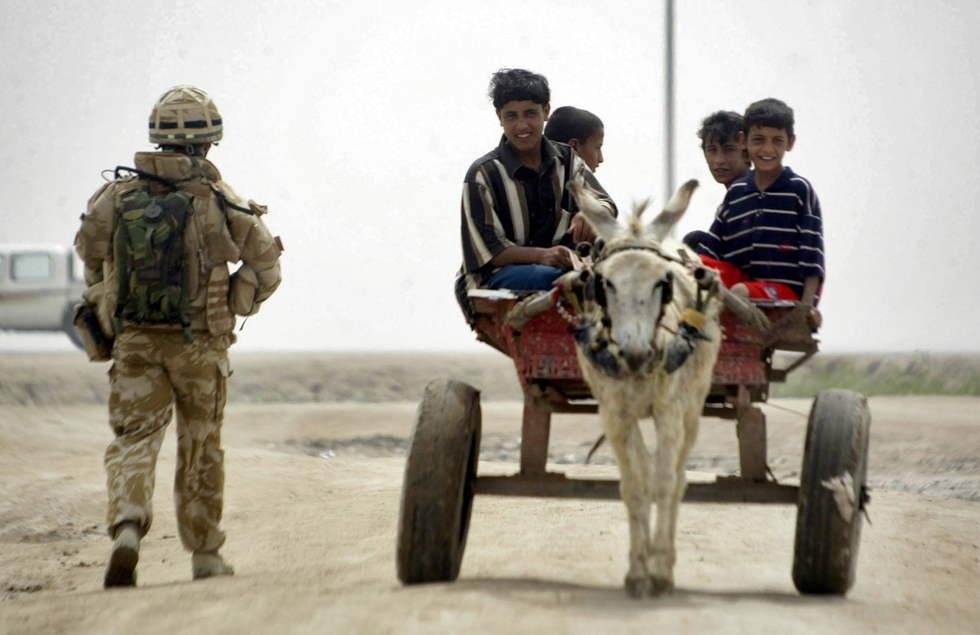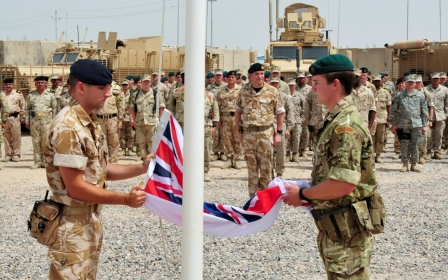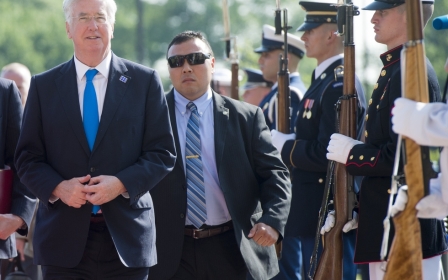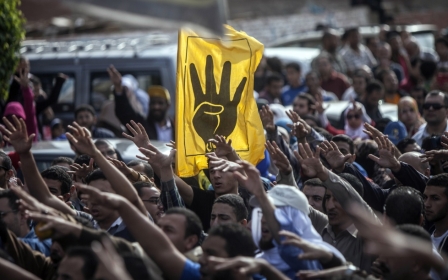British soldier volunteers for war crimes trial over Iraqi's death

A British army officer has volunteered to be put on trial at the International Criminal Court to face war crimes charges over the killing of an Iraqi teenager after the Iraq war was launched in 2003.
The officer has not been named but a letter he sent to the British defence secretary, Michael Fallon, was obtained by the Daily Mail and reported on Tuesday.
In the letter the army major, who is on currently on sick leave, told Fallon he would rather be put on trial by the ICC because he believes he would be more likely to face a fair legal process.
He told the defence secretary he wants to face an ICC trial to “finally and definitively put to rest this 13-year witch-hunt that seemingly has no end”.
In 2006 the officer along with two other soldiers were cleared of any wrongdoing in the killing of a teenager in the southern Iraqi city of Basra three years earlier.
However, in a landmark case, the Iraq historical allegations team – set up by the British government in 2010 – last week recommended that he and the two other soldiers be tried for manslaughter.
In response to the IHAT decision the major said in his letter that he would rather bypass the British judicial system and go straight to the Netherlands where the ICC is based.
“I am willing to travel to the Netherlands and hand myself in, as there is probably more chance of a fair and timely trial there, because in the UK there is no judicial process,” he wrote.
The major’s lawyer Hilary Meredith told the Daily Mail: “He has told me that he is considering handing himself in to the ICC.”
ICC opened a preliminary investigation into Britain’s role in the Iraq war in 2014 after being petitioned by the Public Interest Lawyers and the European Centre for Constitutional and Human Rights.
Public Interest Lawyers said at the time that British authorities had investigated lower ranking soldiers as a way of protecting those responsible for taking Britain to war in 2003.
“These efforts have, without fail, looked only at the bottom of the chain of command, and have systematically shielded from prosecution those bearing the greatest responsibility for the crimes,” the document said, as reported by the Daily Mail.
IHAT is investigating about 1,500 alleged criminal acts by British troops during the Iraq war.
Stay informed with MEE's newsletters
Sign up to get the latest alerts, insights and analysis, starting with Turkey Unpacked
Middle East Eye delivers independent and unrivalled coverage and analysis of the Middle East, North Africa and beyond. To learn more about republishing this content and the associated fees, please fill out this form. More about MEE can be found here.




